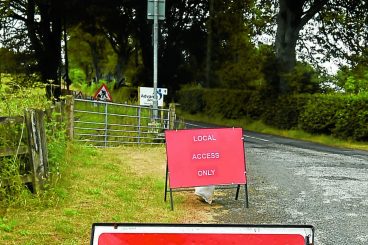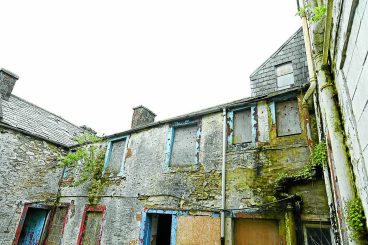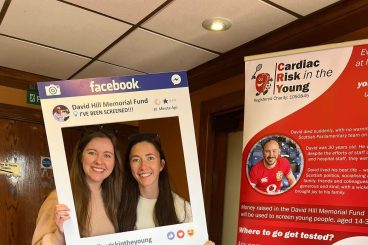Energy prices are to rise for around 22 million customers across the UK due to skyrocketing global gas prices, and this will result in bills climbing by around £700 per year for householders on default energy tariffs rather than fixed deals.
Meanwhile, the inflation rate is also expected to reach eight percent this spring – compared to an average of just 2.5 percent over the past 20 years.
This double hammering for people living on the breadline will plunge many families and individuals across the region into poverty over the coming months.
Trying to help these people was high on the agenda at Dumfries and Galloway Council’s communities committee on Tuesday.
Councillor Willie Scobie asked: “With the effect of energy cost rises in April, along with the huge rise in inflation, could it be anticipated how many people will actually be going below the poverty line and may require a lot more support in terms of welfare benefits?
“Will we need to look at the reserves to see if we meet some of the anticipated demand due to the poverty they experience?
“I think it was Martin Lewis, on the Sunday (TV) programme, that said this will be ‘unprecedented’ – the level of poverty that this country will face.
“I have no doubt that Dumfries and Galloway will feature in that.”
Paula Doherty, the council’s team leader on welfare and benefits, replied: “We won’t really see an increase in the welfare benefits that people receive because it’s an increase in the costs that they experience, not a reduction in their physical income.
“We expect to see the impact in our applications for crisis grants, and intend to support customers who are experiencing poverty and hardship through that fund as much as we possibly can.”
Every day 18 people in poverty seek an emergency crisis grant in Dumfries and Galloway, it was recently revealed.
Thousands of families and individuals struggling to put food on the table have reached out to the council for the cash support.
A total of 5,021 applications for a crisis grant were received by the local authority in the first nine months of 2021/22. This equates to around 18 pleas per day and two cases every working hour.
Crisis grants are available to people aged 16 or over, on a low income, and unable to get financial help elsewhere.
“A crisis grant can be made when you’ve experienced some emergency or disaster and you have unexpected expenses that you can’t meet,” according to the Citizens’ Advice Bureau.
“The grant must be needed to prevent serious damage or risk to the health or safety of you or your family.”
























